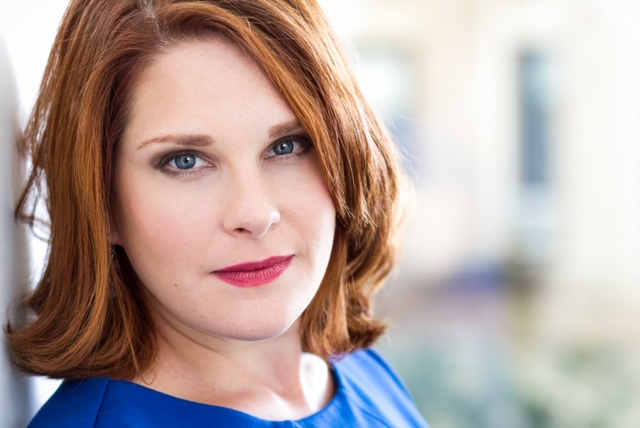American Sojourn with Barber, Price and Williams
Samuel Barber - Knoxville: Summer of 1915
Samuel Osborne Barber II was an American composer of orchestral, opera, choral, and piano music. Barber won the Pulitzer Prize twice: in 1958 for his first opera Vanessa, and in 1963 for his Concerto for Piano and Orchestra.
Knoxville: Summer of 1915, Op. 24, is a work for voice and orchestra. This music is based on text from a short prose piece by James Agee that later became a preamble to his posthumously published, Pulitzer Prize-winning book, A Death in the Family. In his music, Barber paints an idyllic, nostalgic picture of Agee's native Knoxville, Tennessee. The work was commissioned by soprano Eleanor Steber, who premiered it in 1948 with the Boston Symphony Orchestra. Read the lyrics here.
Florence Price - Symphony No. 3
Florence Beatrice Price was the first African-American woman to have a composition played by a major orchestra. By the time she was 14, Price had graduated from Capitol High School at the top of her class and was enrolled in the New England Conservatory of Music with a major in piano and organ. At the Conservatory, she was able to study composition and counterpoint with composers George Chadwick and Frederick Converse. She graduated with honors and both an artist diploma in organ and a teaching certificate. Price was inducted into the American Society of Composers, Authors, and Publishers in 1940 for her work as a composer.
Symphony No. 3 was commissioned by the Works Progress Administration's Federal Music Project during the height of the Great Depression. It was first performed at the Detroit Institute of Arts on November 6, 1940, by the Detroit Civic Orchestra under the conductor Valter Poole.
Grace Williams - Fairest of Stars
featuring Jessica Jacobs, soprano
Grace Mary Williams is regarded by many as one of Wales’ finest composers. She won the Morfydd Owen scholarship to Cardiff University in 1923, and in 1926 she proceeded to the Royal College of Music, London, where she was taught by Gordon Jacob and Ralph Vaughan Williams. She wrote two symphonies, the earlier being the first symphony ever composed by a Welsh composer, a mass, one opera, numerous other pieces for orchestras and chamber ensemble, as well as accomplished vocal works. Williams was also the first British woman to score a feature film, with Blue Scar in 1949. Her compositions were often influenced by the Welsh landscapes and the ever changing mood of the sea.
Fairest of Stars is a setting of lines from Milton’s Paradise Lost. The piece, written for soprano and orchestra in 1973, was commissioned by the Welsh Arts Council and the BBC.
Lyric Soprano Jessica Jane Jacobs has been praised by critics for her “warm” and “radiant” voice along with her “affecting” and “strong” stage presence, with an “expressive face, ever interesting to watch.” She recently won First Place in the Vermont Vocal Competition and has previously been a finalist in the Orpheus Competition and the MetroWest Opera Competition, a semi-finalist in the Mildred Miller International Voice Competition, won Second Place in the Peter Elvins Competition, and an encouragement award from the Metropolitan Opera National Council District Auditions. Jessica is a graduate of Northwestern University and both the Masters of Music and prestigious Artist Diploma in Opera Programs at The University of Cincinnati College-Conservatory of Music. She currently resides in Newton, MA and studies with Dr. Rebecca Folsom.
Samuel Barber - Essay No.2 op.17
Samuel Barber's Second Essay for Orchestra (Op. 17) is an orchestral work in one movement. Barber composed three Essays for Orchestra, with themes explored concisely from several different perspectives. He wrote his First Essay in 1938 with his NBC Symphony Orchestra, the Second Essay in 1942 with the New York Philharmonic, and his Third Essay in 1978 with the Philadelphia Orchestra.
The Second Essay premiered at New York’s Carnegie Hall during the second World War, and remains one of Samuel Barber’s most performed orchestral works. The orchestration of the Second Essay is more complex than in its predecessor, with extensive use of timpani solos, brass choirs and individual woodwinds – somewhat like a one movement concerto for orchestra. The work consists of a single theme that unfolds gradually.
Saturday, March 16, 2019, 8pm
All Saints Parish
1773 Beacon Street, Brookline, MA 02445
This concert is funded in part by the Women's Philharmonic Advocacy.


